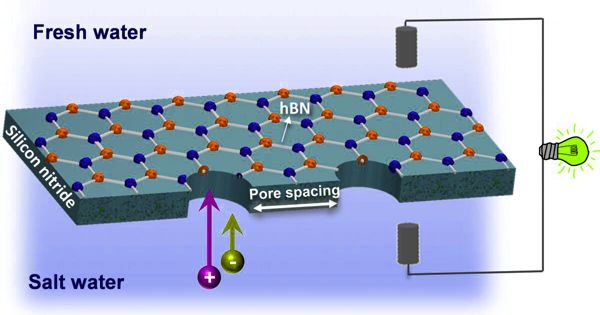Part of the complex process that turns raw materials into finished products such as detergents, cosmetics and flavors relies on enzymes that aid in chemical conversion. Finding the right enzyme for a new or proposed drug or additive, however, is a drawn-out and almost random process – with Allozymes strikingly aiming to change with a new system that could set a new standard in the industry and raise a million dollar seed commercialization. Enzymes are chains of amino acids, among many things encoded in DNA, “blocking life”.
These large, complex molecules bind to other substances in a way that facilitates chemical reactions that turn sugars into a more usable form of energy in any cell. One also finds enzymes in the manufacturing world, where large companies identify enzymes and individually identify enzymes that do valuable work such as taking in some cheap base ingredients and mixing them in a more efficient form. Any organization that sells large quantities of chemicals that do not appear in nature may have enzymatic processes to help make more of what it needs.
It’s not like having just one enzyme for everything. When you’re inventing new molecules from scratch like a fancy drug or flavor, there’s no reason to have a naturally occurring enzyme because it reacts or creates. No animal synthesizes allergy medicine in its cells, so companies must look for or create new enzymes that do what is needed.
The problem is that enzymes are usually at least 100 units long and have 20 amino acids to choose from, even for the simplest novel enzymes you are looking at that are looking at countless different types. Starting with known enzymes and intuitively changing the way they seem to work, researchers have been able to find new and useful enzymes, but the process is complex and slow despite being completely automated: hundreds of times a day, and if it’s your top -The line has a robotic lab.
So when Allozyme comes up with the claim that it can screen up to ten million per day, you can imagine the level you represent.
















